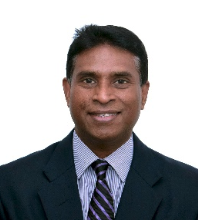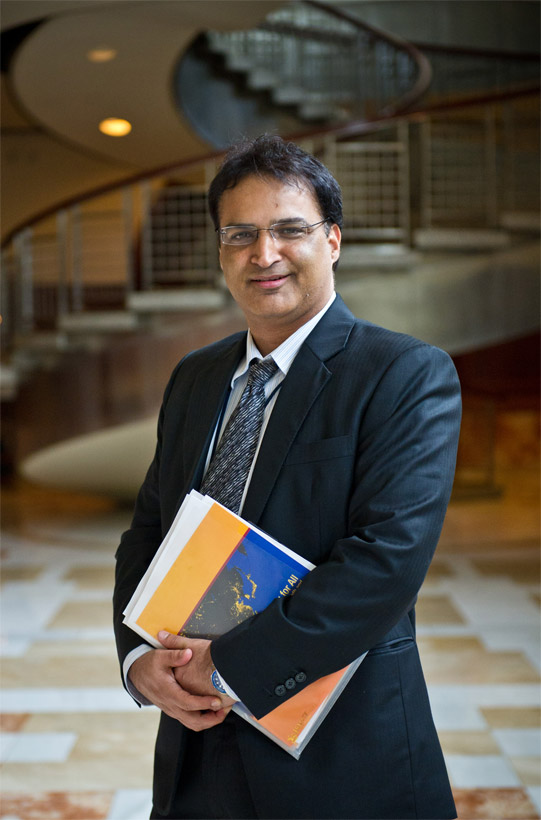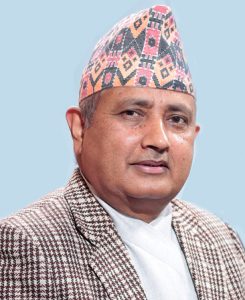Background
Countries in Asia have made ambitious targets towards net zero emissions to address climate change. Accelerating the energy transition calls for enhancing flexibility in energy systems and pushing boundaries to increase the penetration of renewables to meet these targets. Cross border electricity trade has immense opportunity for decarbonizing power sector and meeting seasonal demand and supply gap, through the development of large-scale cleaner, greener and sustainable energy infrastructure & facilitating renewable energy grid integration in different parts of Asia and beyond. Installed capacity of renewables is only a fraction of the total potential renewable energy resources that could be utilized. Cross border trading of excess solar energy and hydropower could also play an important role in clean energy transition, grid balancing and energy security in Asia. Considering the dynamic nature of regional clean energy transition, it is critical for the region not only to pursue bilateral and multilateral power trade opportunities but also to form a regional power pool market. This will assist the participating countries to optimize the use of regional resources and to provide flexibility to deal with intermittent renewable energy at any given time and at any location. ADB has been supporting regional initiatives such as South Asia Subregional Economic Cooperation (SASEC), Greater Mekong Subregional (GMS) program through which regional power trade and regional energy cooperation are being pursued. This will require countries, among others, to establish suitable policies and an enabling environment as well as mobilize public and private capital to promote regional power trade for carbon-neutral South and Southeast Asia and beyond.
Objectives
The main objective of this session is to share experiences and knowledge from SASEC and GMS region and discuss collaboration opportunities for energy trade for energy transition.
AGENDA
9:00 - 9:15 a.m.
Welcome Remarks
Priyantha Wijayatunga, Chief, Energy Sector Group, ADB
9:15 - 9:30 a.m.
Regional trade activities in Southeast/GMS region
Hyunjung Lee, Senior Energy Economist, ADB
9:30 - 9:45 a.m.
Regional trade activities in SASEC region
Jiwan Acharya, Principal Energy Specialist, ADB
9:45 - 10:25 a.m.
Moderated discussion about the challenges and way forward for accelerating regional power trade in the context of energy transition
Scene setting – Prospects of regional power trade cooperation between South Asia and Southeast Asia by Dr. Jyoti Parikh, Executive Director, Integrated Research for Action and Development, India
Panelists:
Dinesh Kumar Ghimire, Secretary, Ministry of Energy, Water Resources and Irrigation, Government of Nepal
Soulivanh Thammavong, Acting Director, Power System Planning and Control Department, ELECTRICITE DU LAOS
Rena Kuwahata, International Energy Agency
Alex Perera, Deputy Director, Global Energy Program, World Resources Institute
Stefano Zenobi, World Wide Fund for Nature – Greater Mekong
10:25 - 10:30 a.m.
Closing and vote of thanks
Hyunjung Lee, Senior Energy Economist, ADB
SPEAKERS
About the Organizer
The Asian Development Bank (ADB) is committed to achieving a prosperous, inclusive, resilient, and sustainable Asia and the Pacific, while sustaining its efforts to eradicate extreme poverty. It assists its members and partners by providing loans, technical assistance, grants, and equity investments to promote social and economic development.







